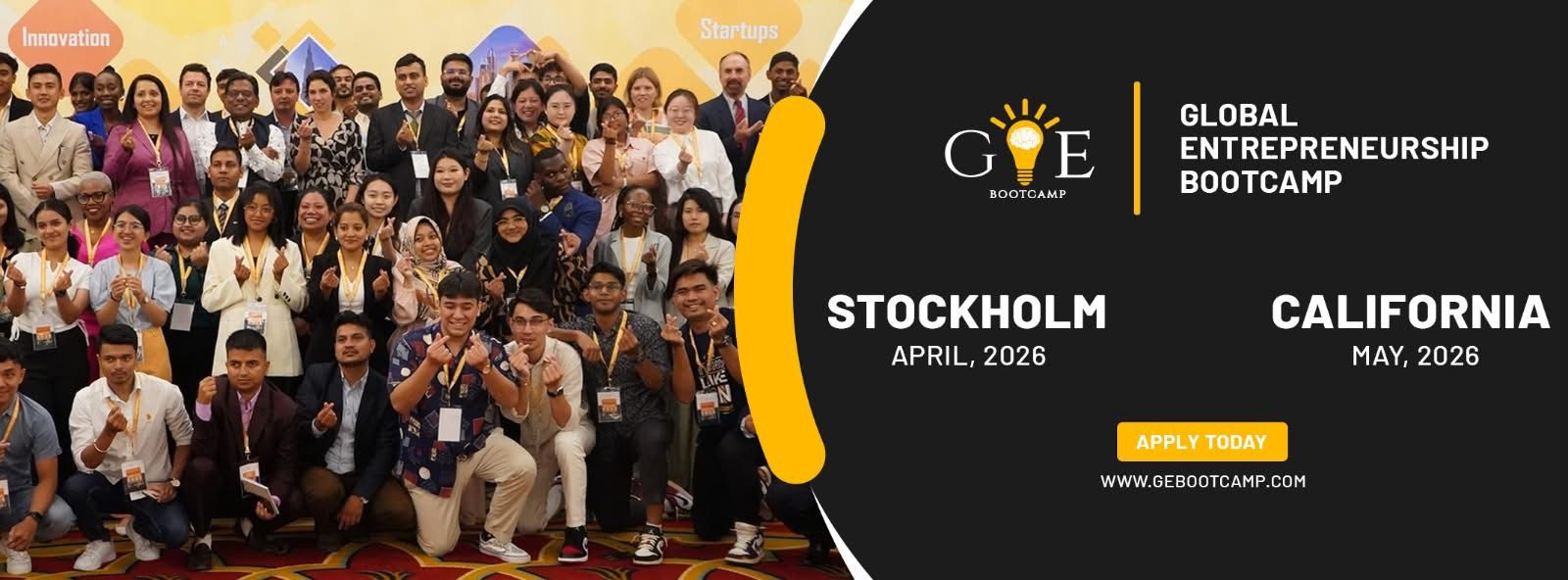
Urban Studies Foundation International Fellowships 2022 | Funded
Details
Applications are open for the Urban Studies Foundation International Fellowships 2022. Each award will cover the cost of a sabbatical period at a university of the candidate’s choice, worldwide, for the purpose of writing-up the candidate’s existing research findings in the form of publishable articles and/or a book.
The proposed work should be completed under the guidance of a chosen mentor in the candidate’s field of study. Funding is available for a period ranging between 3-9 months, and eligible research may cover any theme pertinent to a better understanding of urban realities in the Global South.
See More: Global Cultural Relations Program (GCRP) 2022
Financial Support from Foundation International Fellowships
- The financial support attached to the fellowship will meet accommodation and subsistence needs while staying at the host university, return travel, and assistance towards some research costs.
- There is also a small budget available for the mentor to assist the Fellow to meet their intended research aims should this be appropriate.
- Shortlisted candidates may also apply for a small supplemental grant if they have extra-ordinary costs arising during the fellowship that result from either: caring responsibilities for dependent persons (e.g. childcare), or disability.
Eligibility for Foundation International Fellowships
- Applicants must be early-to-mid career urban scholars with a PhD awarded within the preceding 10 years (by the submission deadline) who currently work in a university or other research institution within the Global South.
- Candidates must also be nationals of a country in the Global South, defined as any country on the present OECD list of ODA recipients (2022).
Requirements
- The candidate must make suitable arrangements to be mentored by a senior urban scholar at the candidate’s chosen research institution.
- Eligible research institutions may be anywhere worldwide, and Fellowships based in Global South regions are equally encouraged.
Application of Foundation International Fellowships
The application must include:
- Applicant information including: contact details, recent education, recent academic roles, and the names and contact details of two academic referees. Both referees prepared to submit letters of recommendation to the Urban Studies Foundation upon request.
- Fellowship proposal information including dates, mentorship and host institution arrangements.
- A draft budget with main cost items, and suitable evidence for any items above GBP 500.
- A proposal that includes: an outline of the planned research (1200 words maximum), intended outputs (300 words maximum), designation of the host institution (300 words maximum), and a statement of how the candidate’s chosen mentor will support and facilitate the proposed research (300 words maximum).
- Proof of applicant’s nationality and therefore eligibility for the award.
- Applicant CV listing academic achievements and publications (3 pages maximum). Applicants must NOT list “Forthcoming” publications on their CV unless listed separately on the CV and they append evidence of the publication’s acceptance to their CV (maximum one page per publication).
- Mentor CV, including any previous mentoring experience (3 pages maximum).
- Supporting letter from the prospective mentor stating their willingness to act as a mentor to the fellow, indicating the suitability of the host institution for the proposed sabbatical study, and agreeing to meet the responsibilities outlined in the mentorship best practice guidelines document (2 pages maximum).
See More; GCPR For Cultural & Creative Practitioners 2022 | Funded
Lastly, It is important to visit the official website link found below to access the application form.
Correspondingly, Join us on Telegram for more opportunities!
Similarly, Visit oyaop.com and oyaschool.com for more scholarship opportunities.
Specifications
| Type of Opportunity | Scholarships and Fellowships |
|---|---|
| Deadline | 09 May,2022 |
| Country | UK |
| Open to | All |
| Organizer | Urban Studies Foundation |
| Contact the organizer | [email protected] |
